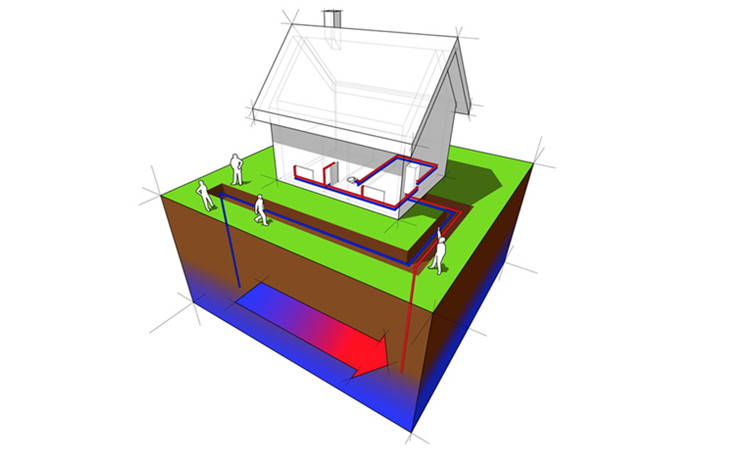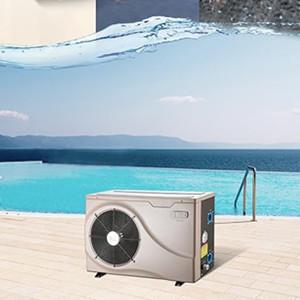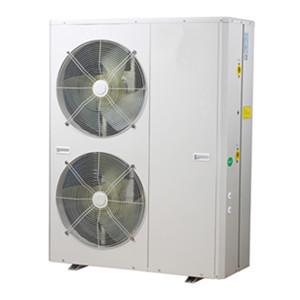Ground Source Heat Pump Disadvantages
Considering the disadvantages of geothermal heat pumps? With energy prices soaring and the climate emergency emerging, heat pumps are a popular option. Now is a great time to save energy and stop using fossil fuels.
However, there are drawbacks and issues with geothermal heat pumps, so it’s worth doing your homework before investing.
A geothermal heat pump replaces your boiler and takes care of your hot water and central heating needs. They are an investment. Even taking into account the £6,000 government grant for heat pumps, they cost more than an air source heat pump and a new boiler. But they are very efficient, and if done right, you can reduce your carbon emissions and energy bills for years to come.
In order to receive funding, a quote must first be obtained from a Microgeneration Certification Scheme (MCS) certified installer. This should give you a clear picture of your heat pump costs and savings, as well as valuable consumer protection and peace of mind. MCS has a complaints process and insurance provisions for work carried out by registered installers.

Ground source heat pump disadvantages
1. High installation cost
Geothermal heat pumps use a system of pipes buried in the garden to transfer heat from the ground to your home. The cost of installing a ground source heat pump is significantly higher than the cost of installing an air source heat pump due to the foundation works (excavation) required.
Even taking into account the higher grant of £6,000, they cost more than air source heat pumps. But they are more efficient because the ground temperature is more consistent.
2. Requires a lot of outdoor space
“They either require extensive groundworks and a large area of land to lay the ground circuit, or they require much more expensive drilling,” says Kathryn Warren, associate director of Ricardo’s Energy and Environment business, herself There is also a geothermal heat pump.
For a ground loop, long pipes containing refrigerant are laid in trenches 1m below the surface to collect heat from the ground. This is destructive on a large scale.
By drilling, the pipe is installed in a narrow vertical hole to a depth of up to 200 m. This is even more expensive but takes up less space.
3. Installation interrupted
You need an outdoor space that's suitable for an excavator, that's not a shovel's job. Apart from the basic works, installation is no more disruptive than an air source heat pump. Note that you will need room indoors for the hot water storage tank and pump.
"The main damage is to the foundation work," said Katherine Warren. “In our case we dug four 75m trenches in our fields. This took about two weeks.
4. They’re bulky and noisy
“Our geothermal heat pump is much quieter than our previous oil boiler,” says Catherine Warren. "It's the size of a large refrigerator. You do need to have space for the hot water cylinder and the thermal bank for space heating, so you do need more space than the older system.
5. They may not work with your existing radiator
"Your installer will advise if your existing radiator needs to be replaced," says Katherine Warren. "In our case we replaced two radiators with larger ones and the rest of the house has underfloor heating. It's a myth that heat pumps don't work with radiators - they can - however, it's less efficient than Underfloor heating is low because the radiators require a higher temperature, so the heat pump has to work harder and requires more energy.
6. They won’t save you a lot of money initially
This depends on the system you are replacing. So if you currently have direct electric heating or live on the gas grid, the savings should be even higher with an oil boiler.
When considering a heat pump versus a gas boiler, the savings will depend on future energy prices. Heat pumps use electricity and are extremely efficient: 500% or more, providing 5 kilowatts of heat for every 1 kilowatt of electricity. And even new gas boilers are about 90% efficient, producing less than 1kW of heat per unit of gas.
But you won't immediately save a fortune on utility bills because natural gas is cheaper than electricity. At the time of writing, electricity costs about four times as much as natural gas. Then your energy bills should go down a bit first.
Theoretically you'll save more in the future. Natural gas is a finite resource (and a fossil fuel), so its price is likely to rise further. At the same time, electricity prices should remain stable and eventually fall as our ability to harness sunlight, wind and ocean waves to generate electricity continues to improve. But frustratingly, electricity prices are currently tied to natural gas prices. This needs to change as we move increasingly away from fossil fuels and toward renewable electricity.
Ground source heat pump issues
1. My geothermal heat pump was installed improperly
Be sure to choose an MCS certified installer and check the warranty as some warranties last up to 5 years.
If you feel the workmanship is substandard, ask the installer to return it until you are satisfied. If you are unable to resolve the issue, MCS has a complaints process and provides insurance for work carried out by MCS registered installers, giving you peace of mind.
"My advice is to start by looking for a reputable installer," says Katherine Warren. “Do your research and ask for references as well as the necessary certifications. When we installed the geothermal heat pump we chose a company that had been around for over a decade and had won awards. If any issues arise after commissioning, A good installer should go back and the system should be designed properly in the first place.
2. My geothermal heat pump doesn’t produce enough heat
Contact your installer. They should design a system that will heat your home to your desired temperature. They may just need to go back and fine-tune the settings.
Huw Jones, product manager at Viessmann, highlights some common-sense things to check first: “This may sound obvious, but do the people in the house have their windows open? Are they expecting the heat pump to heat the house too high, too high? Faster instead of letting it run efficiently at a lower temperature for longer to heat the house?
Heat pumps tend to run cooler than boilers, so they are best at keeping your home at a stable minimum temperature. You can still set the system to heat your home at key times in the morning and evening, but there's no more "boom and bust" scheduling with your radiators heating up a few times a day and then off the rest of the time. If you program a geothermal heat pump system like a boiler, it will take a long time to warm up, resulting in a house that is too cold.
If the installer is unable to get the system to operate adequately and you suspect the system is poorly designed, please use the MCS complaints process again.
“The duct design and installation of a ground array is critical and affects the performance and efficiency of the system,” said Steve Alldrit, Technical Director of Energy Efficiency at City Plumbing. "If the size of the collector array is smaller than the size of the heat pump, the system will have to work very hard to generate enough heat. This in turn can cause too much heat to be taken away from the ground and cause the earth around the array to freeze.
3. My energy bill isn’t getting cheaper
Assuming you've checked that your heat pump was installed correctly, if your utility bills are higher than expected, it could simply be because unit prices have increased. But the cost of all energy goes up, so a heat pump can still save you money compared to a boiler.
Kathryn Warren says her geothermal heat pump saved her around £2,000 last year compared to her previous oil boiler, despite increased electricity costs.
4. My geothermal heat pump is difficult to maintain
It is important to maintain your heat pump annually. Although some of the equipment is buried underground, Katherine Warren said it was unlikely to cause a problem.
“The ground loop does not need to come in except at the manifold during pressure checks during annual maintenance,” she explains. “The heat pump itself will most likely be located in a machine room or garage.”
Get more help
Leomon is a professional heat pump manufacturer. If you are considering purchasing a geothermal heat pump, please contact us. Our heat pump experts will give you the best advice.





